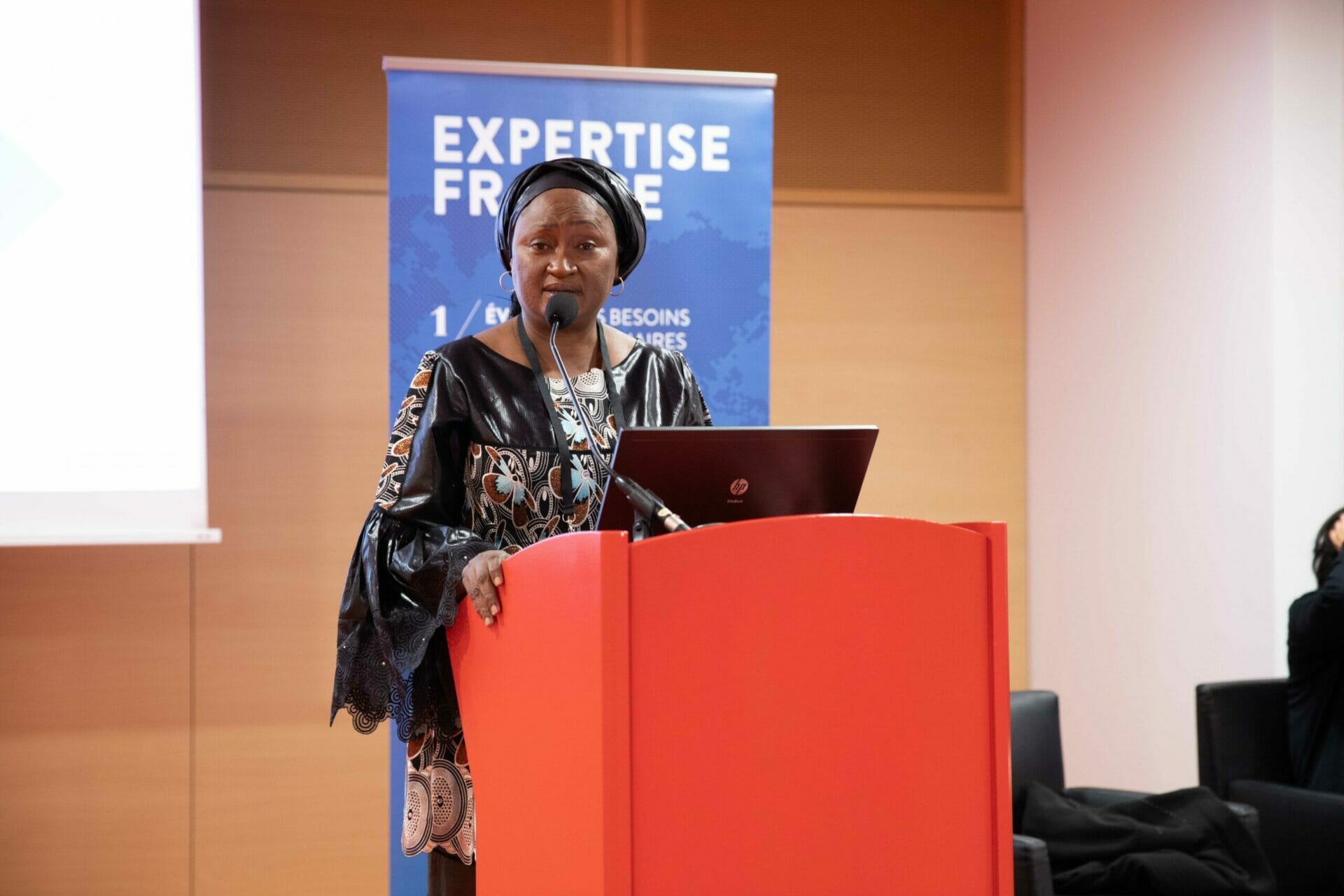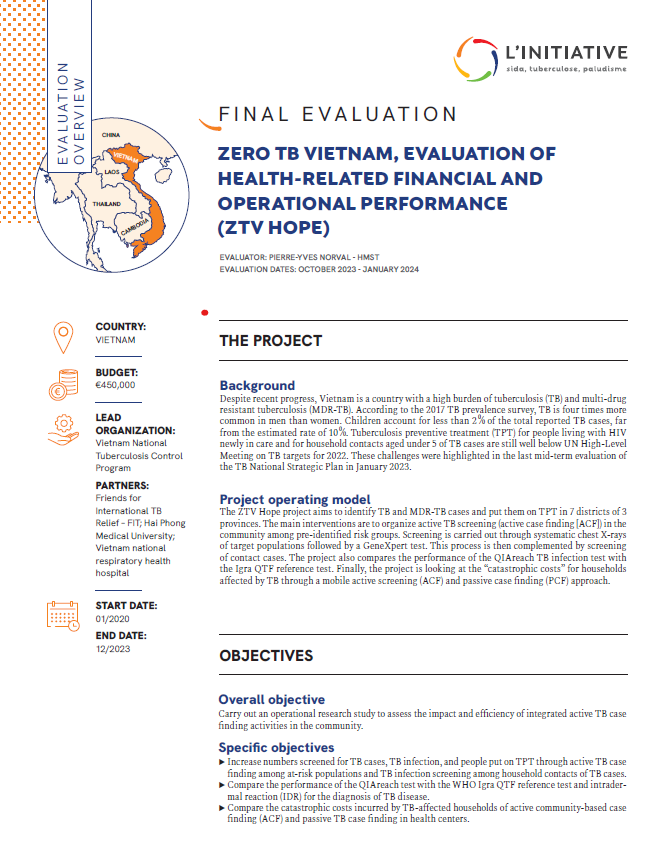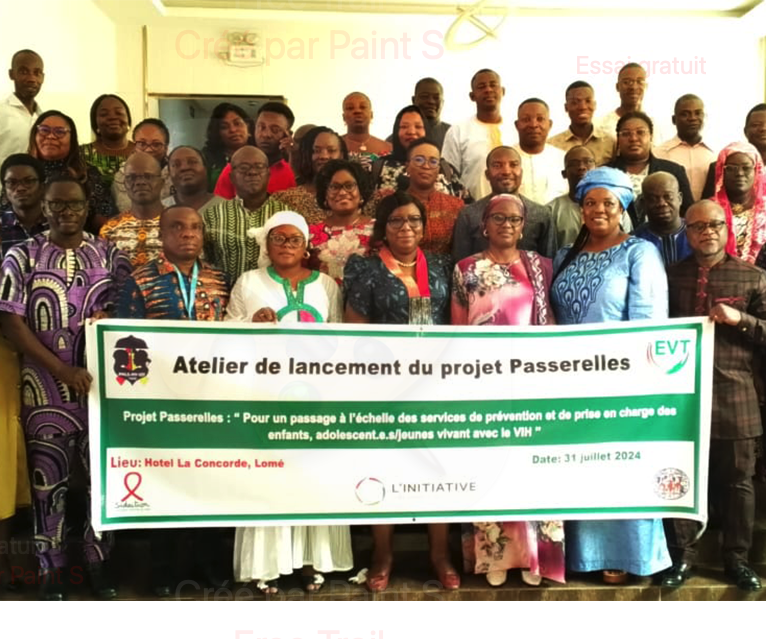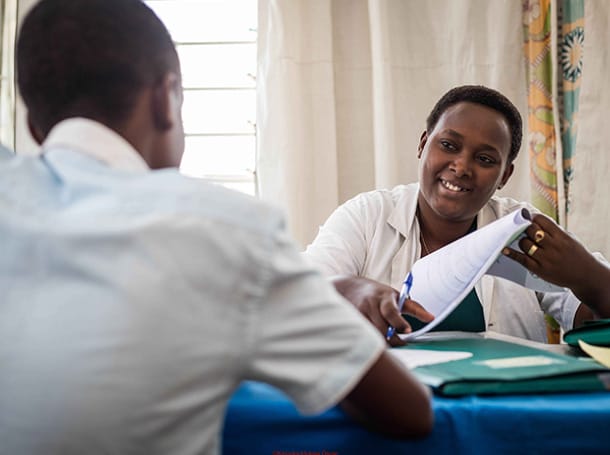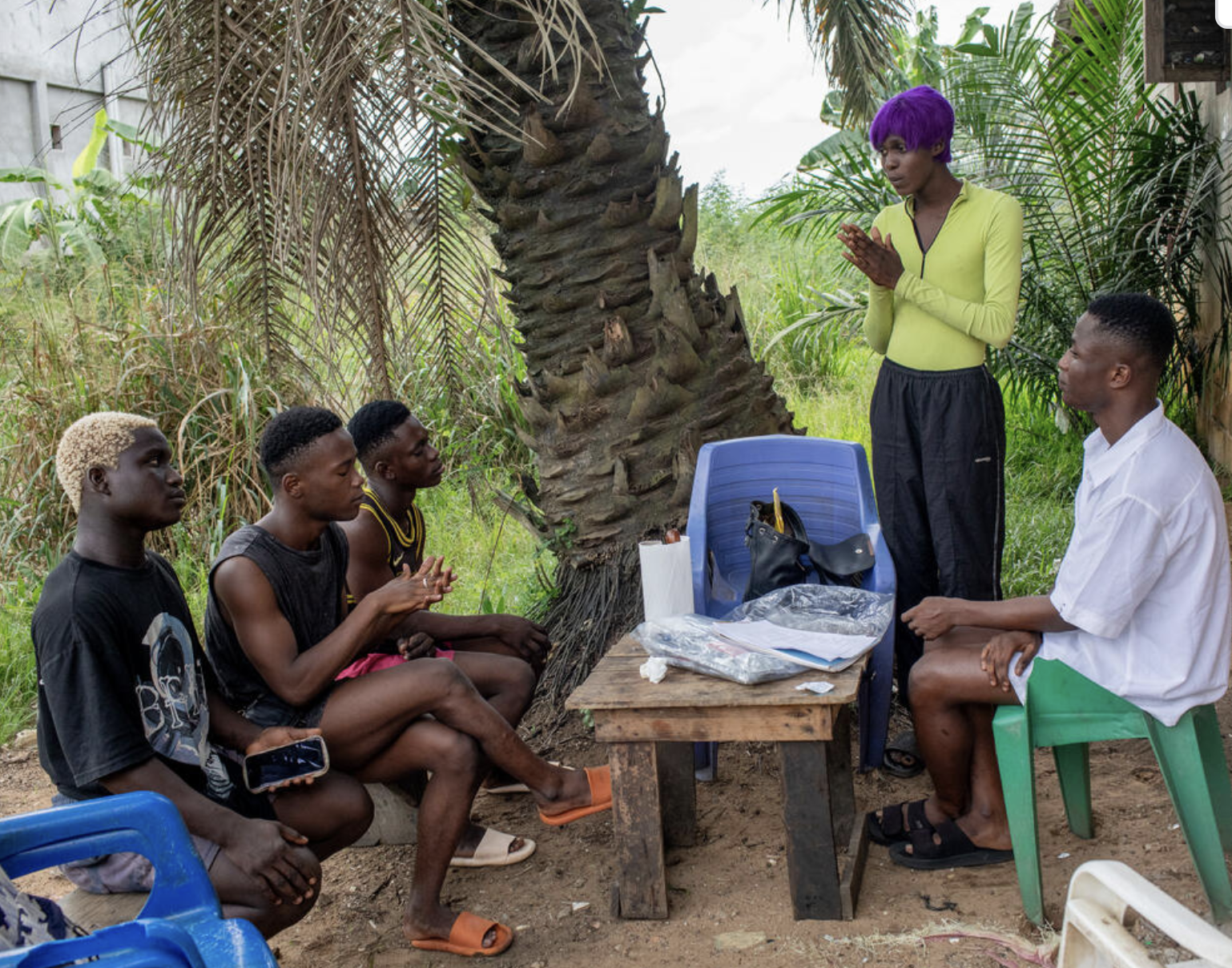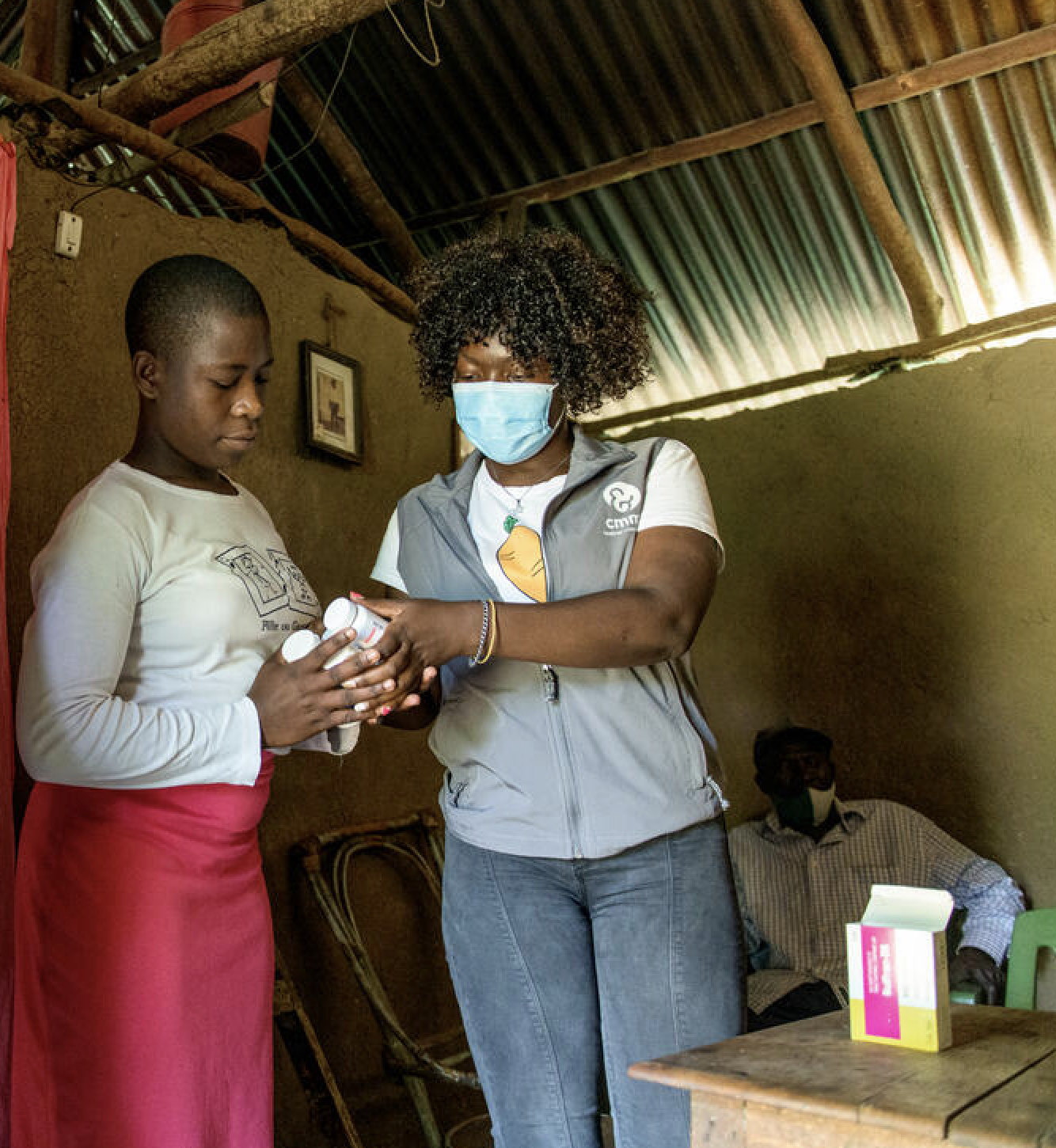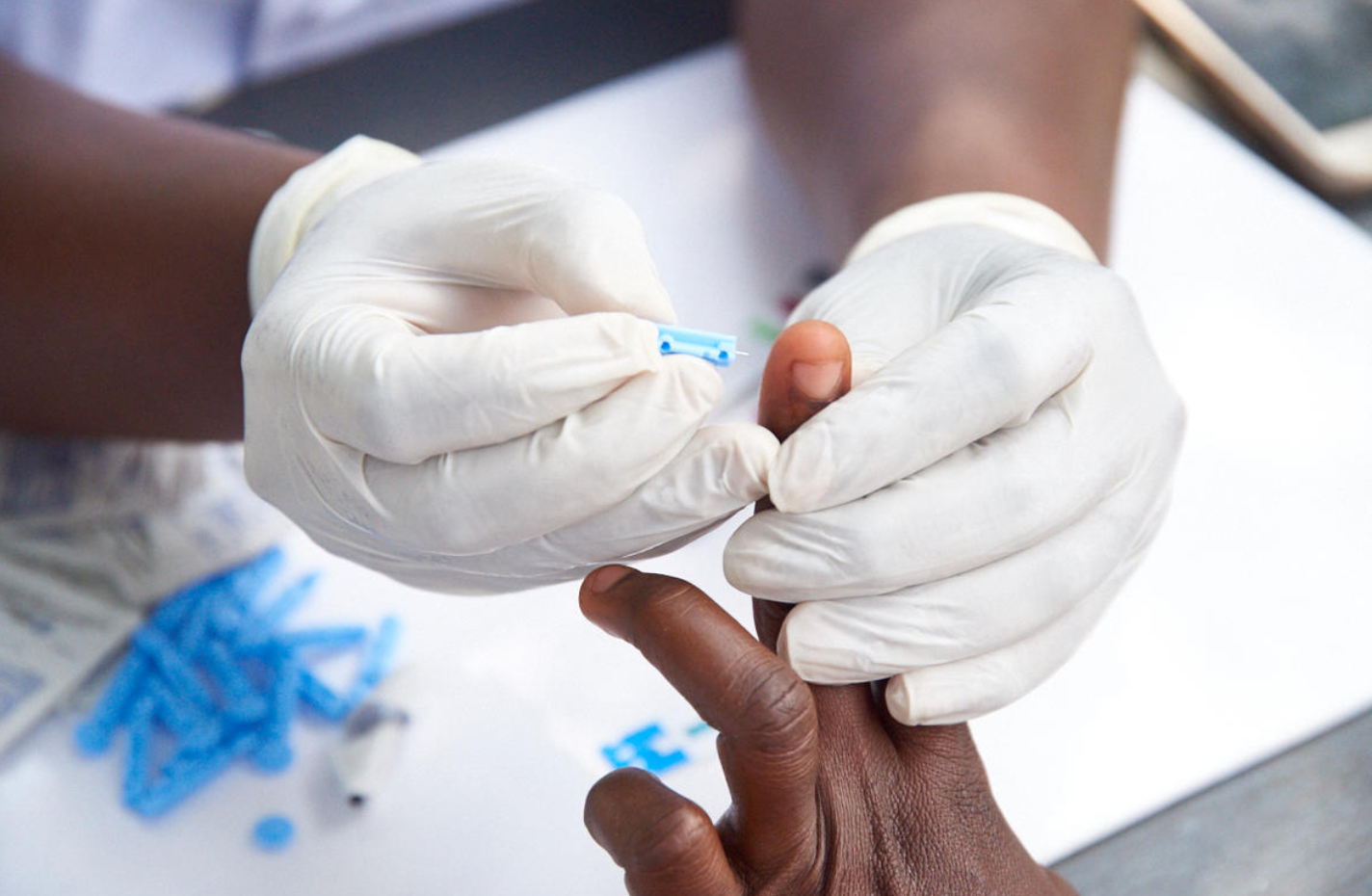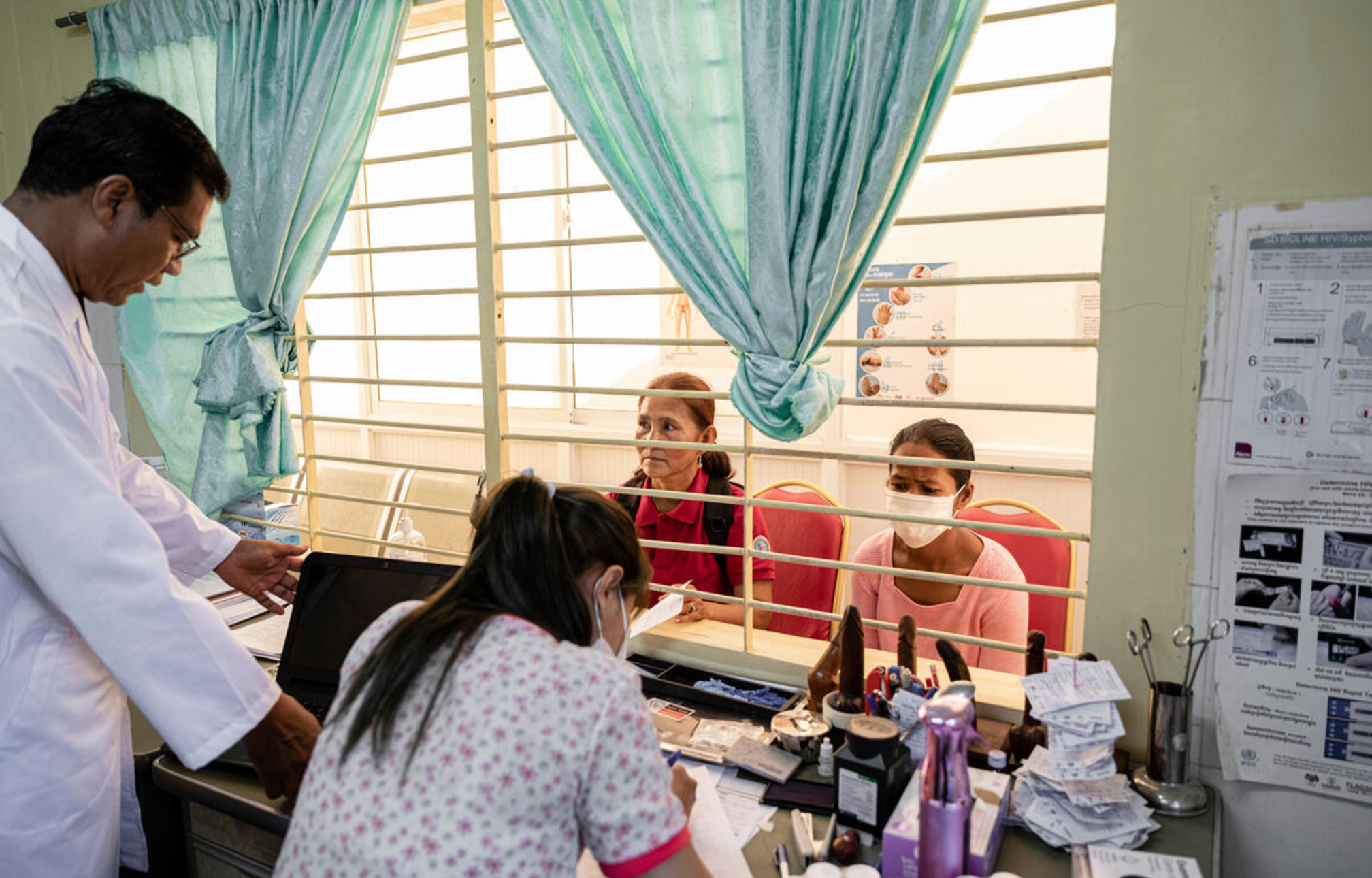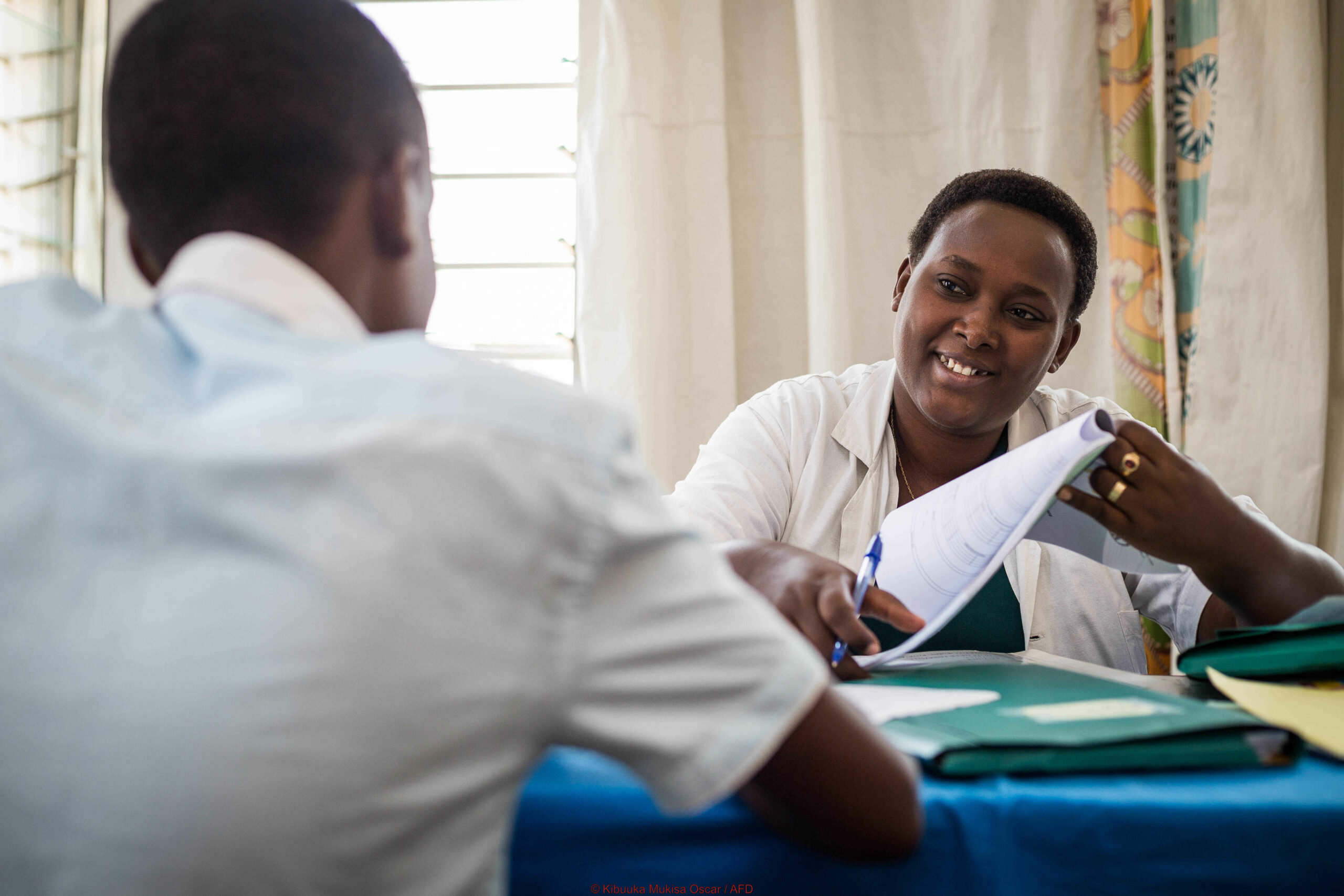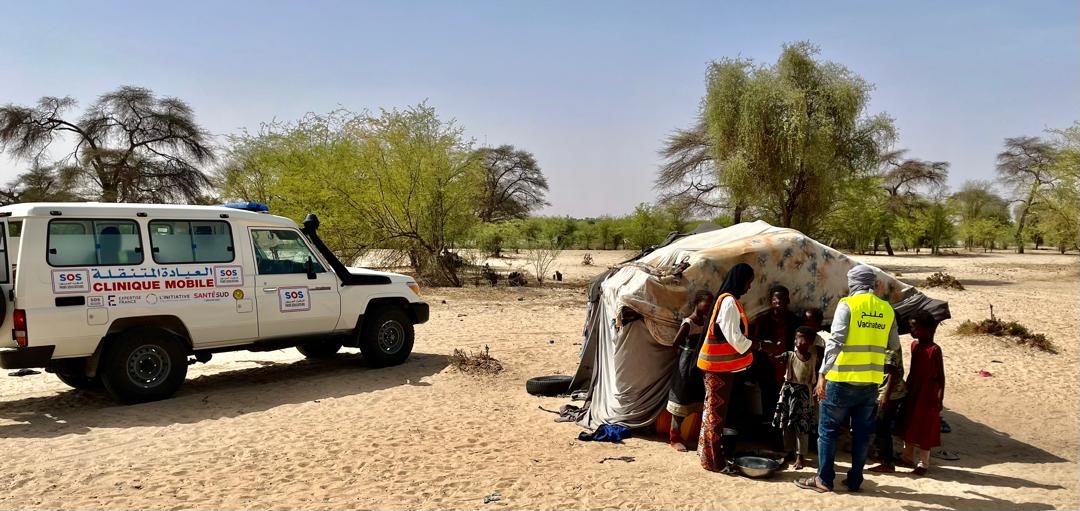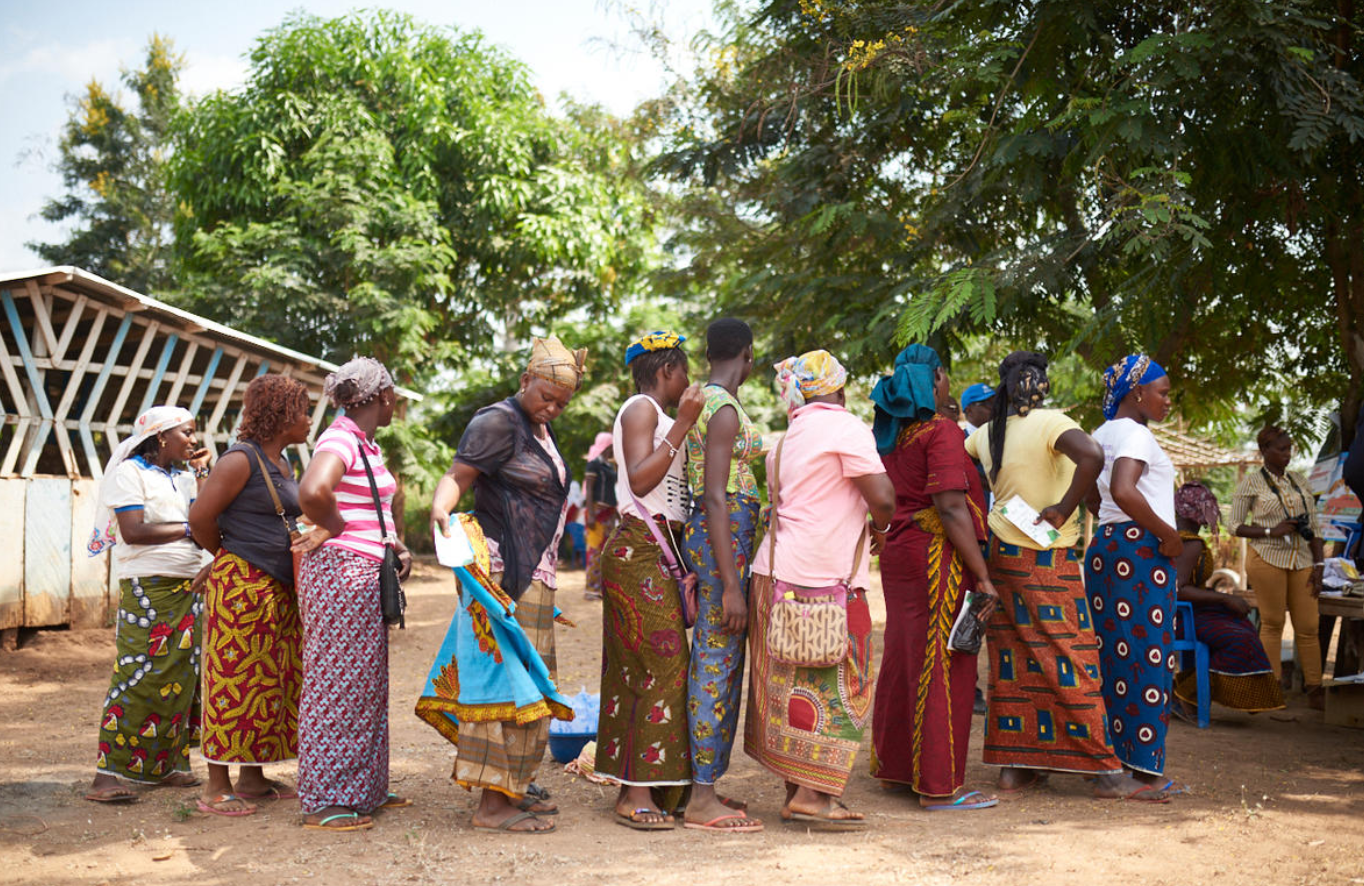ARCAD Santé PLUS is now the global fund principal recipient. Why is this an important turning point for the organization?
The first turning point in the life of our organization was to become a Global Fund sub-recipient for the prevention and community management of HIV interventions. That was in 2006, after only ten years of existence. This year, in order to strengthen our national community leadership, we positioned ourselves as the Principal Recipient to the HIV/TB grant for the 2021-2023 cycle. This has been a significant event at the national level in Mali and for the growth of our organization. It also recognizes that community knowledge is essential for the prevention, management, and monitoring of patients in interventions to combat HIV, AIDS, and tuberculosis.
How did you proceed? And how did L’Initiative support you?
L’Initiative’s technical assistance acted as a catalyst for us.
When we approached the Global Fund, we knew we had gaps in our financial and program management. We therefore contacted L’Initiative to help us adapt our management procedures to the requirements of the Global Fund. I met with the L’Initiative team in Paris, and everything went very quickly from there. Following an assessment exercise, the areas of improvement for our organization were identified, and a technical assistance assignment was developed.
The role of our sister organization, Alliance Côte d’Ivoire, which has been a Global Fund Principal Recipient for ten years, has also been crucial. Through a L’Initiative technical assistance assignment, several experts from Alliance Côte d’Ivoire trained us on community management of tuberculosis in Bamako in January 2020. This has enabled us to integrate tuberculosis into our HIV interventions and to better understand the role of community stakeholders and civil society organizations in managing the disease.
What are the global fund’s financial and programmatic management requirements?
The Global Fund requires robust management. All expenditures must be eligible for funding, and the funds released must be redistributed according to good practice. With support from L’Initiative, we have integrated a whole range of financial tools into our operations. Until that point, as is common in national community organizations, our operational model was much more flexible.
Program management must be subject to an equally rigorous framework. We are assessed every six months against a number of indicators, such as the number of key populations who have benefited from a prevention service package (education and information, provision of prevention kits for drug users and sex workers, community testing, etc.).
We work with health workers in local healthcare facilities. In remote areas of Mali, for example, we offer HIV tests to pregnant women and verbal screening to ensure that they do not show signs of TB. We also test and carry out prevention interventions within families of people who are sick. In areas located in the north of the country, we are also working together with humanitarian NGOs, who are accepted by rebel groups. We have to plan and monitor all of these activities very closely.
Ultimately, it is the heart of our community DNA that is evaluated.
What advice would you give to community organizations in other countries who want to become principal recipients?
National community organizations often do not have the capacity or the means to position themselves against international NGOs who have a strong presence, but it is necessary to persevere.
ARCAD Santé PLUS has shown that access to Global Fund funding is within the reach of national organizations, provided they do it early enough and agree to receive help. It is about pushing the right buttons.
